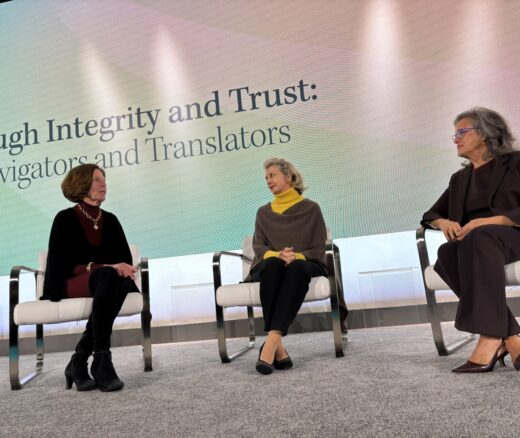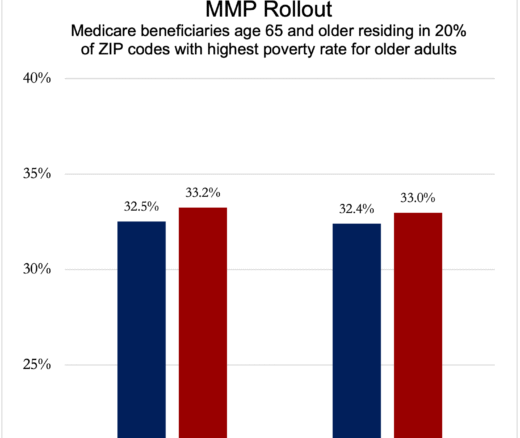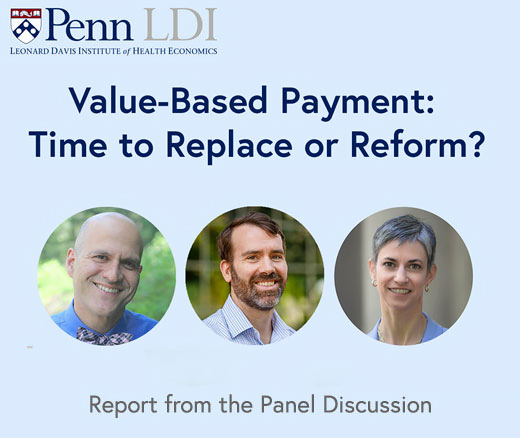
Black Older Adults With Cancer Are Far Less Likely to Get Any Care
New Study From LDI and MD Anderson Finds That Black and Low-Income, Dually Eligible Medicare Patients Are Among the Most Neglected in Cancer Care
News

MINNEAPOLIS – Thirty-eight scholars from the University of Pennsylvania’s Summer Undergraduate Mentored Research (SUMR) program have arrived here to take part in the AcademyHealth Annual Research Meeting (ARM). SUMR is a joint program of the Leonard Davis Institute of Health Economics (LDI) and the Wharton School’s Health Care Management Department.
In a ceremony on Monday, the program, which celebrates its 25th anniversary this year, will receive AcademyHealth’s 2025 Mosaic Award for its quarter-century commitment to creating a more representative and welcoming experience for undergraduates interested in joining the health services research (HSR) community.
“Everyone involved — the scholars, the LDI staffers, and the dozens of faculty mentors who make this program happen — are incredibly excited to be recognized like this by such a prestigious organization,” said Joanne Levy, MBA, MPC, who co-founded and has directed the SUMR program since its inception.
AcademyHealth is the country’s largest professional organization of researchers focused on how the U.S. health care system is organized, financed, managed, and delivered.
The SUMR students, from 20 different universities and colleges, are mostly undergrads with an interest in exploring careers in health services research. Each is assigned a faculty mentor and is immersed in real research projects throughout a three-month curriculum of studies.
The four-day event in Minneapolis includes hundreds of presentations, panels, workshops, networking pods, and research posters focused on areas like health care disparities, health care workforce diversity, research methods, and a wide variety of other related areas. The large expo hall’s booths are staffed by representatives of major universities with health care research curricula, as well as federal regulatory agencies and other health care organizations that recruit and support young HSR researchers.

New Study From LDI and MD Anderson Finds That Black and Low-Income, Dually Eligible Medicare Patients Are Among the Most Neglected in Cancer Care

Her Transitional Care Model Shows How Nurse-Led Care Can Keep Older Adults Out of the Hospital and Change Care Worldwide

Chart of the Day: Medicare-Medicaid Plans—Created to Streamline Care for Dually Eligible Individuals—Failed to Increase Medicaid Participation in High-Poverty Communities

Penn LDI Debates the Pros and Cons of Payment Reform

Direct-to-Consumer Alzheimer’s Tests Risk False Positives, Privacy Breaches, and Discrimination, LDI Fellow Warns, While Lacking Strong Accuracy and Much More

One of the Authors, Penn’s Kevin B. Johnson, Explains the Principles It Sets Out